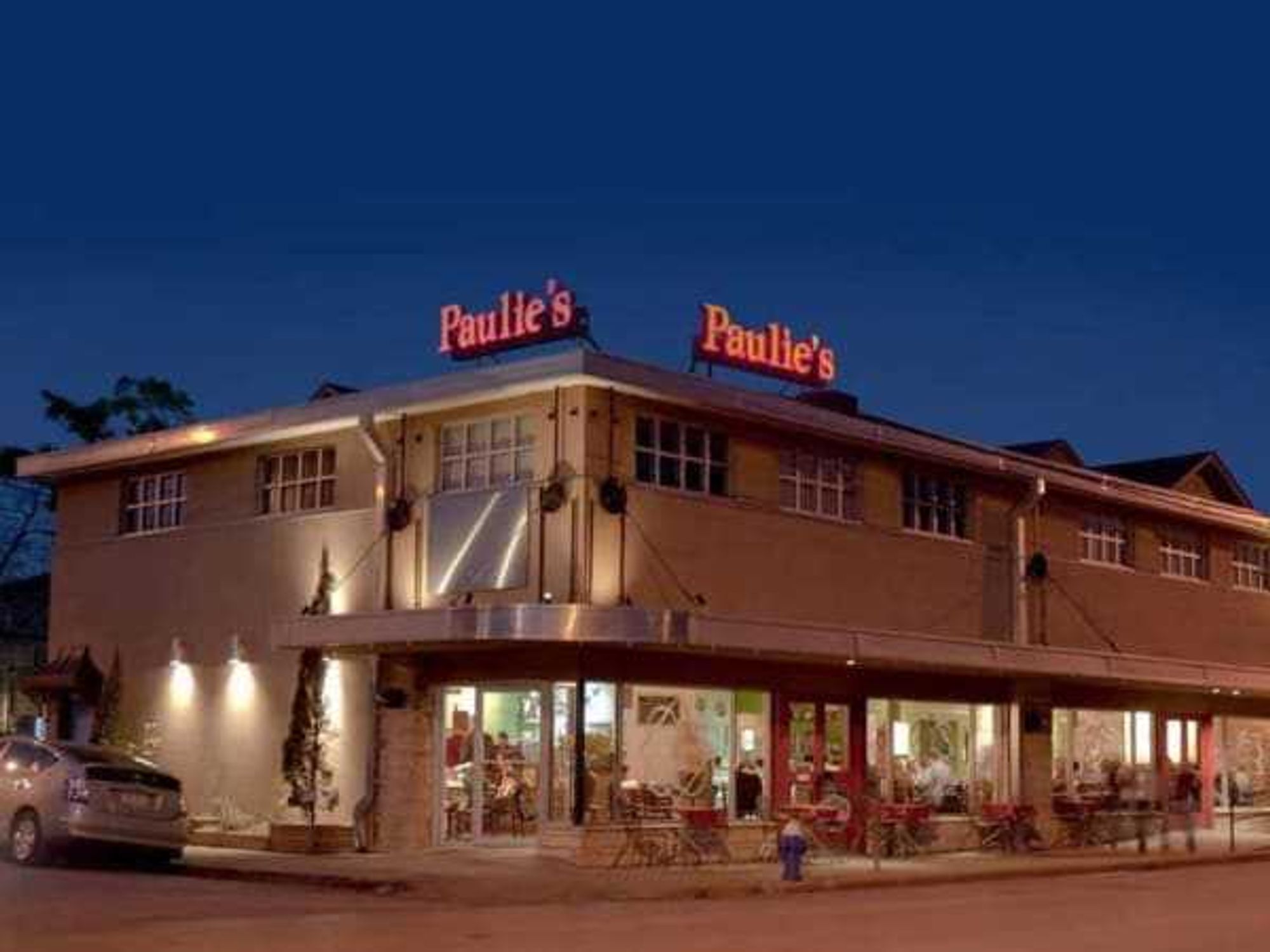Bros with breast cancer
It happens to men, too: Two-time breast cancer survivor Allen Wilson spreads theword
Allen Wilson is a Houstonian, father of two and partner at GEM Insurance. He's also a two-time breast cancer survivor, and lived to tell the tale with his wit and new approaches to health. As the chair of this year's Susan G. Komen Race for the Cure, he's also the face of male breast cancer, which classifies one out of every 100 breast cancer cases. Wilson spoke with CultureMap about his journey through diagnosis, chemotherapy and triumph.
CultureMap: When did you first learn that you had breast cancer?
Allen Wilson: The first time was September 2003. My son and I were playing basketball in the backyard. I'd had a lump under my right nipple, and I thought I'd ignore it and leave it until my next physical, but we collided and it hurt. It didn't take a Rhodes Scholar to figure out that it was breast cancer. It's like real estate: location, location location. I knew that male breast cancer existed, but I thought maybe 1 in 20,000 cases would be a guy. When I explained the issue to my internist, she had me in the office within two days.
CM: What was it like having your first mammogram?
AW: It was a scream. A mammogram's kind of a funny thing when you don't have a breast. They squish it pretty good. I had a mammogram and a color-enhanced ultrasound.
CM: What was your treatment like?
AW: I had surgery in September 2003, followed by chemo that lasted through the first part of February. It was not fun. Also, if you ever go in for serious surgery, take someone with you. I took my wfie. Before the operation, I heard what I wanted to hear, not what the doctor told me. I thought I was going to have a lumpectomy. So I get home from surgery and have this huge, huge bandage and drain ports. I thought they must have had some material left over. About five days later, this thing starts coming apart. I look down and see 39 staples. I had had a masectomy. My wife reminded me that it was exactly what I'd been told. I obviously wasn't thinking clearly.
Then I did my chemo and started losing my hair, which was pretty crazy. I was mostly underground at that point. The only people who knew were my family and partners. But with the hair falling out, I knew I had to 'fess up. We put a fair amount of humor into this as well. My kids mohawked my hair and painted one side red and the other side green for a Christmas photo. You have to make the best of it.
CM: And then you had a second instance of breast cancer.
AW: I had done a fair amount of Rocky Mountain climbing and went to Mt. Kilimanjaro. When I came back in 2006, I had a lump in my scar, so they cut out some more. I had chemo again, and this time it was really mean. And then came the radiation. But hey, we got through it.
CM: Have you changed your lifestyle since your bouts with cancer?
AW: When people have cancer the first time, they think it'll heal up. But after it came back, I thought that there's something else at work. One, the trainer I had introduced me to a dietician. Then I read a couple of books, including Anticancer: A New Way of Life by Dr. David Servan-Schreiber and Art Devaney's The New Evolution Diet. In addition to saying to avoid processed food, the books explain that only in the last 10,000 years have humans had agriculture. The being developed as a hunter-gatherer, so the food in the middle of the grocery store is toxic. Now, I eat very little diary, because nothing in nature over three years old eats dairy. Also, we weren't designed for bread and grains.
And then there's no sweets. In 1800, the average American had less than five pounds of sugar per year. Today, that number is in excess of 150 pounds. The combination of the amounts of grain and sugar creates petri dishes for cancer. I'm sure there are other things in the environment, but I took to the books' advice. It helps keep you awake. People bring all this junk into the office kitchen and now I get to be kind of smug about it. I'm like, 'Meh, next.' After you've done it, you get engrained. And every now and then, if something is really cool, I go for it. Trust me, if we go eat some Mexican, I'd be cool with it.
CM: Should men get mammograms?
AW: We don't need mammograms. You put your hand on your chest and you know what's going on. But if you feel something, you better get after it fast, because it's close to your chest wall so it can spread quickly — and men don't have much to give.
CM: How can we increase awareness about the prevalence of breast cancer among men?
AW: People still think it's a women's disease. This year, I'm the race chair of the Race for the Cure. It's an insane task, but we've got some great people involved. I'm hoping that my position this year will help that perception a lot. This isn't about me; it's about being out there. I just hope that they exploit the hell out of me on this.

 Is your order naughty or nice? Photo courtesy of Omni Hotels & Resorts
Is your order naughty or nice? Photo courtesy of Omni Hotels & Resorts